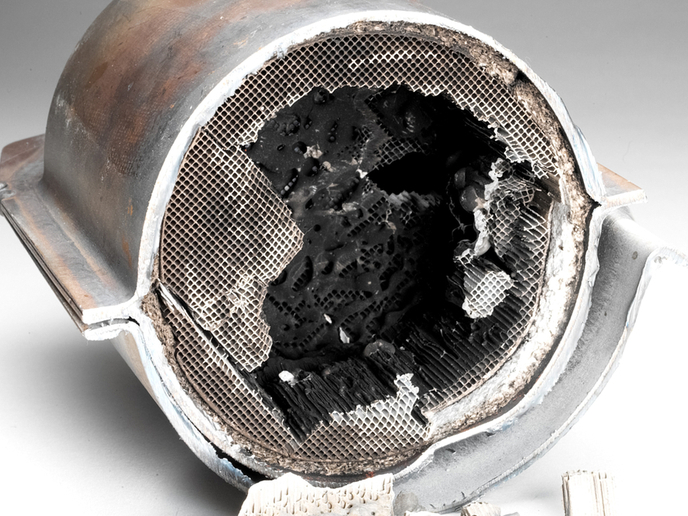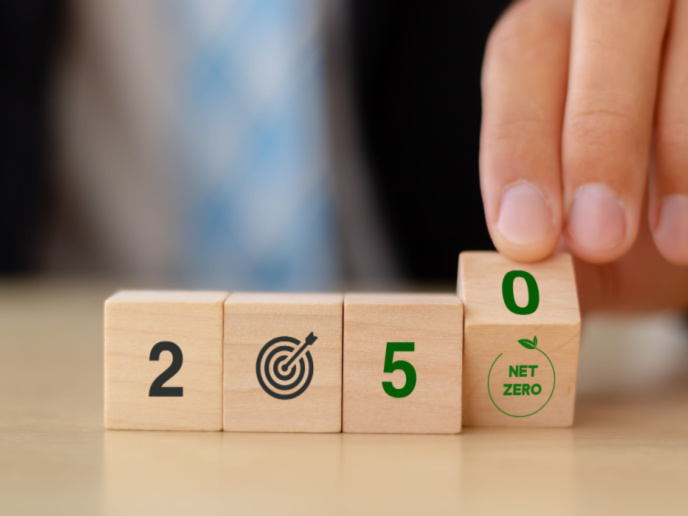A sustainable bridge for the gap between supply and demand of valuable metals
Among the scarcest of Earth’s elements, the platinum group metals, so-called PGMs, are classified by the European Commission as critical raw materials(opens in new window). The group includes six elements: ruthenium (Ru), rhodium (Rh), palladium (Pd), iridium (Ir), osmium (Os) and platinum (Pt), the last being the most commercially significant as it is extensively used from the automotive and electronics to high-tech industries. While global demand is disproportionally growing in comparison to the supply potential, even more dramatically within the context of the global geopolitical turmoil, there is an urgent need for effective circular solutions. Apart from traditional mining, PGMs can also be acquired through conventional recycling methods that are, however, highly energy intensive and harmful for the environment. Through the joint work of a consortium comprised of 11 recognised and experienced key actors across the value chain representing industry, research and academic organisations, the EU-funded PLATIRUS(opens in new window) project developed innovative, cost-efficient and sustainable technologies to recover PGMs from spent autocatalysts, mining and electronic waste.
Moving forward through trial and selection
PLATIRUS was split into three key phases. Phase 2016-2018 focused on researching innovative technologies in all stages of leaching, separation and recovery. The period 2018-2019 included the selection of the best technologies for validation supported by economic and environmental assessments. Microwave-assisted leaching (VITO, Belgium), non-conventional liquid extraction (KU Leuven, Belgium) and gas-diffusion electro-crystallisation (VITO, Belgium) technologies have been evaluated with the highest recovery, environmental impact, flexibility, low-cost and compact-size technologies. Finally, the main objective of phase 2019-2021 was the upscaling of the selected technologies and operation in cascade in an industrially relevant environment. These methods successfully recovered PGMs from secondary resources and demonstrated that it is possible to use these recycled PGMs to manufacture new autocatalysts.
A green and competitive goal that benefits us all
Deployment of PLATIRUS’s solutions will enable optimisation of PGM recycling, increase resource efficiency and production of new sustainable products. PLATIRUS will reduce the EU’s current dependence on PGMs by filling the supply gap up to 30 %, diversify the supply chain and make Europe competitive while preserving the environment. The project has been highly successful: four PLATIRUS technologies have been categorised as market-ready innovations in the Innovation Radar(opens in new window), the European Commission initiative to identify high-potential innovations and innovators in EU-funded research and innovation projects. Moreover, essential information about the developed technologies, as well as the potential exploitation routes for the recovery of PGMs, has been shared with interested stakeholders through a series of seminars, workshops and conferences(opens in new window).







